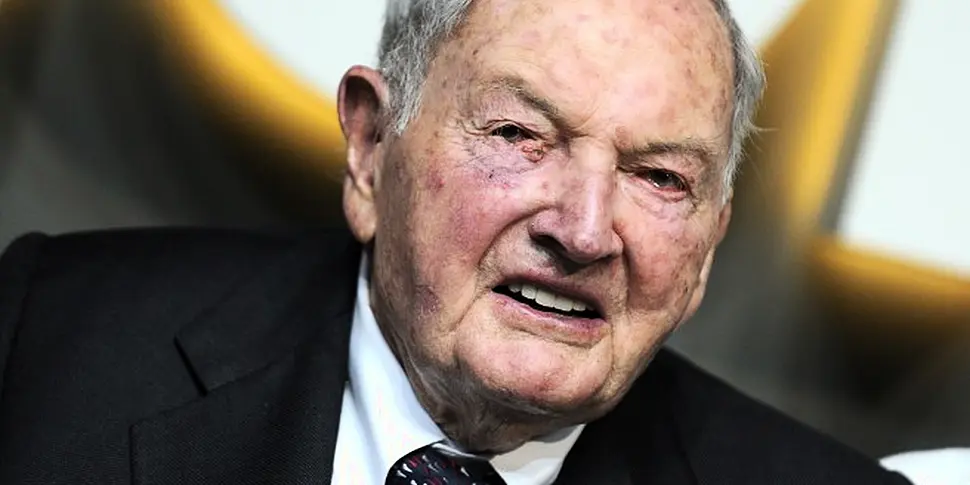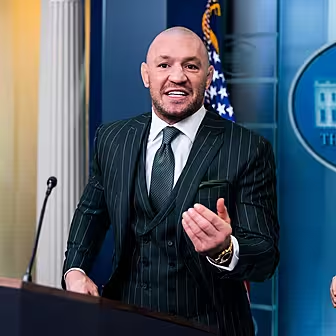He was the man who, along with his four brothers, helped launch a thousand "new world order" conspiracy theories through financial prestige and political influence in the late 20th century.
David Rockefeller, grandson of America's first billionaire and himself the world's oldest billionaire up until his death, passed in his sleep at his famous family's vast Pocantico Hills estate in upstate New York on Monday. The death was announced by spokesman Fraser P Seitel.
At the grand old age of 101, he was the youngest child of John D Rockefeller Jr and the last of that generation of concentrated power to go.
Early on in life, David felt the weight of expectation that came with his surname.
Writing in his Memoirs, which were published in 2002, he noted that:
"Father... set the standard for being a Rockefeller very high. Our every achievement was taken for granted, and perfection was the norm."
This was the man, after all, whose own father of the same name had founded Standard Oil and become the wealthiest man of all time (a title that still stands to this day, when adjusted for inflation).

The five Rockefeller brothers David, Winthrop, John, Nelson and Laurence with President of the National Institute of Social Sciences Frank Pace (third from left) in 1967. Picture by: AP/Press Association Images
Even with that pressure, David excelled in a multitude of fields.
Former New York mayor and fellow billionaire Michael Bloomberg said of his impact on the Empire State, that included being an early mover behind the World Trade Centre project:
"No individual has contributed more to the commercial and civic life of New York City over a longer period of time than David Rockefeller.
"I have long admired his commitment to the city, which began with a dollar-a-year job working as a secretary to mayor Fiorello La Guardia. During my time in City Hall, he was always there for the city when we called."
Beyond the East Coast, he controlled his family's wide-ranging interests in everything from business to philanthropy, and headed up Chase Manhattan Bank (now JP Morgan Chase).

In this June 1973, file photo, David Rockefeller, left, meets with with Chinese Premier Chou En-lai in Peking. Picture by: AP/Press Association Images
He was a vocal advocate of capitalism and globalism, once stating:
"American capitalism has brought more benefits to more people than any other system in any part of the world at any time in history.
"The problem is to see that the system is run as efficiently and as honestly as it can be."
Despite not seeking political office – unlike brothers Nelson, who was New York governor and briefly US vice-president, and Winthrop, governor of Arkansas – he had the ear of many world leaders, including Nelson Mandela.
Along with his friend Henry Kissinger, he garnered criticism when he asked US President Jimmy Carter to grant the entry of Iran's deposed, despised and terminally ill shah (who also happened to be a Chase Manhattan client) on to US soil, triggering the seizure of US hostages in Tehran from 1979 to 1981.
Estimated to have met over 200 rulers in more than 100 countries, Rockefeller reckoned he had made more connections than even Kissinger.
Former US President George HW Bush said that his philanthropy had "touched and lifted innumerable lives" and that his "connections and keen aptitude for issues made him a valuable adviser to presidents of both parties – yours truly certainly included".
He was married to Margaret McGrath from 1940 until her death in 1996, and they had five children together: David Jr, Abigail, Neva, Margaret, Richard and Eileen.









